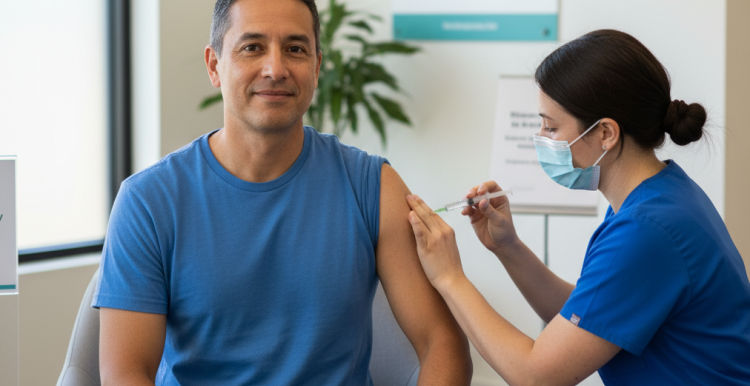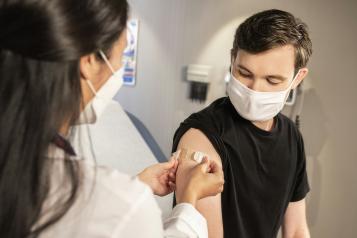Our New Report Highlights Key Factors Behind Declining Vaccination Uptake

Today we published a new report on the changing attitudes to vaccination in Devon, Plymouth & Torbay. The findings confirm a concerning trend of declining uptake among at-risk groups across the area, raising important public health questions.
The report, based on a combination of face-to-face and online surveys, was produced by Healthwatch to understand why widespread access to vaccination services is not translating into higher uptake, particularly among those most vulnerable.
Key Findings
The investigation highlights several consistent themes contributing to vaccine hesitancy and refusal:
- Vaccine Fatigue: A clear expression of weariness among the public regarding repeated vaccination programmes was a prominent factor in declining uptake.
- Concerns about Side Effects: Many respondents cited worries about potential side effects as a primary reason for refusal.
- Mistrust of Programmes: The report notes expressed mistrust of the vaccination programmes themselves among a segment of the population.
However, the findings also provided important positive feedback, noting high levels of procedure satisfaction and widespread praise for the healthcare staff delivering the vaccinations, indicating that issues lie primarily with public perception of the programmes rather than the service delivery experience.
Dr Kevin Dixon, Chair of Healthwatch in Devon, Plymouth & Torbay said:
“Our role as Healthwatch is to ensure that the voices and experiences of local people are heard by those who plan and deliver care. This report clearly demonstrates that the reasons for declining vaccine uptake are complex and multi-faceted, going beyond simple availability.
“We heard expressions of understandable vaccine fatigue, concerns over side effects, and, in some cases, mistrust. For vaccination programmes to be successful, health services must listen to these insights and tailor their communications and approach to address these genuine user concerns directly and transparently. We are presenting our recommendations to NHS Devon to ensure these findings lead to positive changes for the community.”
The full report, including detailed observations and Healthwatch’s recommendations for system partners, has been shared with NHS Devon to help inform future public health campaigns and service planning.
NHS Devon has provided a response to the report, acknowledging the findings and committing to use the insights on vaccine hesitancy to refine their future communication strategies. They confirmed that it will be integrating the report's key themes—such as addressing vaccine fatigue and concerns over side effects—into its planning for upcoming vaccination seasons.
Furthermore, NHS Devon continues to actively encourage uptake through various channels, including advice via GPs, vaccination centres, community pharmacies, and local outreach pop-up clinics.
If you have a health condition and are not sure if you fall into the clinically vulnerable category, you can visit www.nhs.uk/fluvaccine which details health conditions are included and whether you are eligible for a free flu vaccination.



